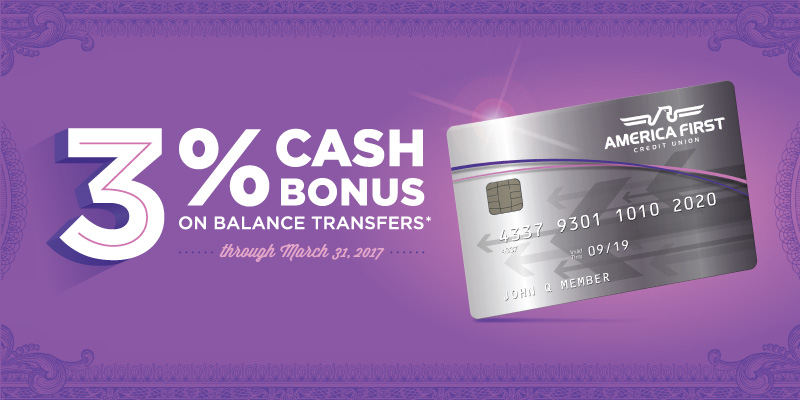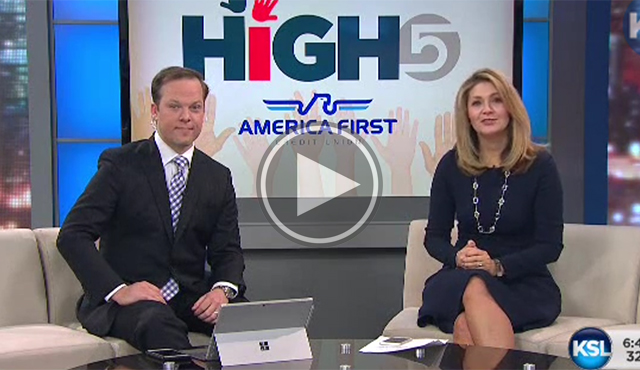
Take a moment to think about every device you have plugged in at home. Now consider how many of those actually need to be.
The truth is, most electronics don’t always have to be attached to outlets. In fact, many of these perpetually plugged-in gadgets still use power when they’re turned off, costing you money you didn’t even know you were spending.
What Is the Standby Power Price Tag?
The average household routinely leaves around 40 appliances plugged in 24 hours a day. The U.S. Department of Energy has estimated that standby power — also known as leaking electricity, phantom load or vampire draw — can account for up to 10% of your annual electric bill. That means you could be throwing over $100 annually down the electrical drain.
What Are the Culprits?
Certain things like refrigerators and DVRs need to stay hooked up, for obvious reasons. However, identifying problem electronics can help you save some money. Older items with manual knobs, switches & dials, didn’t use a lot of standby power. Almost everything these days comes with a digital display. LED lights don’t use a lot of energy by themselves, but if you see a light on when something is turned off, it’s a power sucker. Computers, laptops, TVs, cable boxes, gaming consoles, coffeemakers and iPod docking stations are some of the biggest culprits when it comes to standby power usage.
How Do I Prevent Power Leaks?
The simple answer is to unplug devices when you’re not using them. While this seems like common sense, it can be a little tricky in practice. After all, no one wants to do that with 40 products when they leave for work, then hook them back in when they get home. The idea is to determine what you can unplug and connect those devices to a power strip. That way, you can easily switch all of them on and off as needed. If a daily disconnect is too daunting, consider doing it when you go on vacation or take a weekend getaway.
As you can see, unplugging unnecessary electronics is not only good for the environment, it’s also beneficial for your wallet. Plus, once you’ve gotten into the habit, you can take that extra money and invest it in an America First dedicated savings account, earning dividends instead of letting it slip away through a power outlet.
Their high fives and kind encouragements may be small acts of kindness but they are making a huge difference at South Sevier High School.
She always wanted to see the Northern Lights but a cancer diagnosis put that bucket list item on the backburner. That is until a pair of Utah businesses dreamed up an idea.

To keep your electronic space safe & secure, you can take advantage of the following tips to remove clutter, upgrade technologies–a digital spring cleaning.
- Get rid of excess files. Go through your folders, including the recycle bin, and discard unused items.
- Organize media in labeled files.
- Streamline your desktop so it’s not inundated with icons that slow you down.
- Uninstall old programs that haven’t been loaded in ages, reducing the potential for malware.
- Create unique & strong passwords with a mix of characters and numbers.
- Back up important data.
- And please visit us here to learn more about safeguarding your resources.

For a limited time, when you transfer balances from other institutions to your America First Visa® credit account, we’ll pay* you 3% of the amount you move!
That’s right, instead of facing a balance-transfer fee, we’ll deposit money in your account.
Plus, you’ll benefit from:
- Low rates
- No annual fees
- Free Card Guard® mobile security
- Free identity theft recovery
- Much more
Apply today.
*Total cash return cannot exceed $300. Eligibility, terms & conditions apply. Offer valid through March 31, 2017. Incentive will be paid to member’s share savings account within three (3) calendar week of balance transfer. Not available on business accounts or balances transferred from existing America First loans. Cannot be combined with any other offers. Federally insured by NCUA/Equal Opportunity Lender.

With spring around the corner, many homeowners start thinking about the improvements they’ve been putting off all winter. If your to-do list is long, but your cashflow is short, you might want to consider a home equity line of credit, also known as a HELOC.
These loans give you access to the value you’ve worked so hard to build and they provide the flexibility you need to make your projects a reality.
Many people don’t take advantage of their equity until it’s time to sell. With a HELOC, you can borrow up to 100% of your home’s value, minus your mortgage balance, right now. You can then use those funds to make unexpected repairs, complete residential enhancements to increase the resale value or accomplish pretty much anything you see fit.
One of the nice things about a HELOC is that it’s open-ended, meaning you can draw out money up to the approved limit and pay it back as needed — similar to a credit card, but with much better rates and terms. So, for example, if you’re remodeling your bathroom and you discover that your water heater needs to be replaced, your line of credit could cover that expense as well, without any additional applications or processing.
America First offers an interest-only HELOC, which gives you the lowest possible monthly payments for the first five years. During that time, called the draw period, you’ll only pay the loan’s interest back. When the draw period ends, the loan balance converts to a 10-year repayment plan. At that time, you can start paying down the principal or refinance your interest-only HELOC and start another five-year draw period.
However, please keep in mind that any interest-only HELOC principal balance still needs to be paid at some point. And defaulting on any home equity loan could result in foreclosure. You should practice responsible borrowing and only tap what you can reasonably pay back during the loan’s term. Using a HELOC in this way will help keep you out of financial trouble and give you short-term cashflow for home repairs and improvements.
Tax season seems to be when cyber-criminals come out of the woodwork.
Nicole Cypers with America First Credit Union shares how you can protect your financial resources all year round.




 By John B. Lund, President & Chief Executive Officer
By John B. Lund, President & Chief Executive Officer

